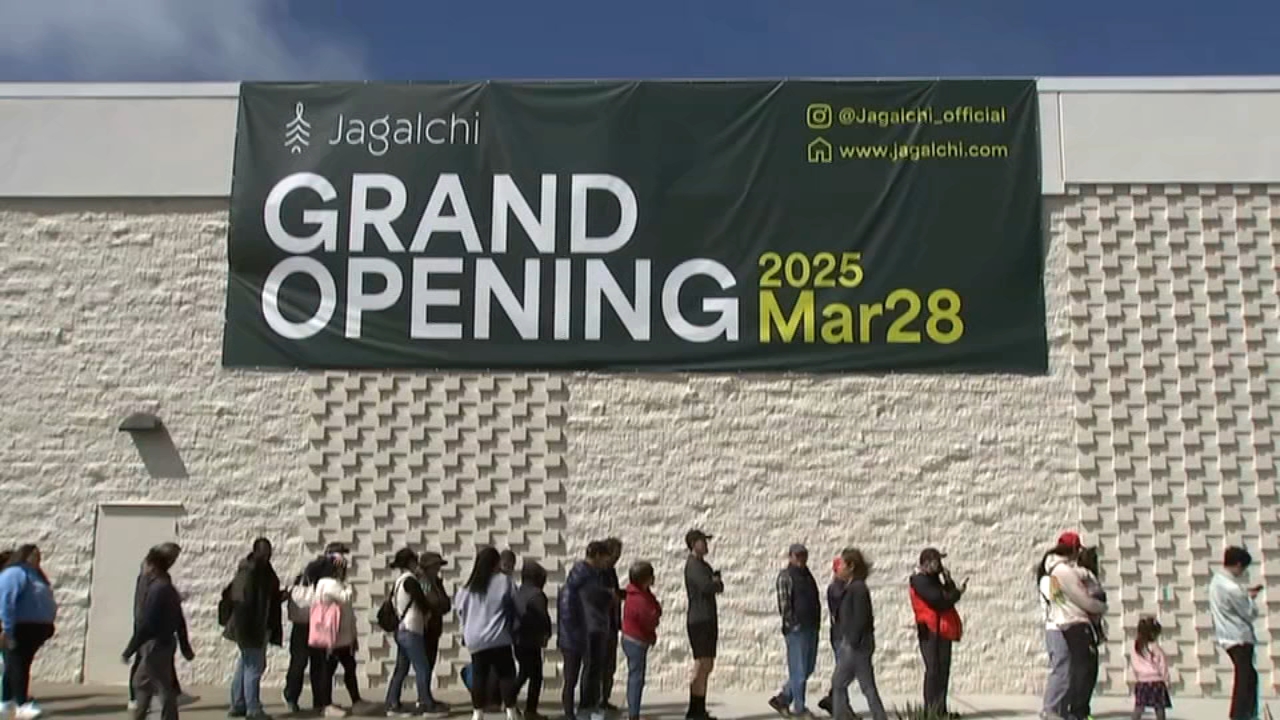Here's how 2 UCSF doctors, nonprofit helped lower child mortality by nearly 63% in Mali war zone
SAN FRANCISCO (KGO) -- For millions of Americans, a deadly war in the African Nation of Mali might be just one more tragedy, unfolding a world away.
But for UCSF doctors Ari Johnson and Jessica Beckerman it was just one more challenge, in a victory of hope over cynicism.
The couple helped launch a nonprofit more than a decade ago, along with a group of doctors and medical professionals from Mali with the goal of bringing care to communities with high child death rates. But then, they watched as the landscape of central Mali changed.
"So this area was peaceful and then the regional war spread," explains Johnson pointing to a map of the Bankass region of central Mali.
But rather than give up and pull back, their nonprofit, Muso continued to support local health care teams with the help of the Mali government, providing care for patients in remote villages, particularly children.
"And they had in their hands a health care system that met people where they were with accessible care fast," Johnson adds.
MORE: CDC report finds infant mortality rate has risen for the 1st time in 2 decades
His wife and co-founder Dr. Jessica Beckerman believes cost is also a critical component.
"All of this care was provided with no fees, no co-pays and deductibles. It was free," she explains.
As the rapid care expanded despite the fighting, a research team was also working to document its effectiveness.
Professor Kassoum Kayentao is a senior scientist with Muso and principal investigator.
"We were actually bracing ourselves to see a much higher rate of fatality given the escalating conflict in the region where we conducted this study," he says.
MORE: Somalia's children face death by starvation as famine takes hold
The results over three years could be described as historic. The group says child deaths plummeting by nearly 63%.
"We saw one of the largest, fastest drops in child mortality ever documented in a conflict zone," says Kayentao.
He says the key was Muso's recruitment of village residents, and the trust built over years of training. And while the study was not originally designed to account for conflict, chief medical officer Dr. Beckerman believes it could deliver a powerful message to the world community.
"And so what this study showed us was that it is not inevitable that children living in conflict zones be at higher risk of death because we have the tools, we have the knowledge, we have the health care delivery systems to prevent deaths," she says
And deliver hope, in some of the most difficult circumstances. Another measure of the program's success, the child mortality rates where Muso works are lower than that of any country in sub-Saharan Africa.
If you're on the ABC7 News app, click here to watch live








